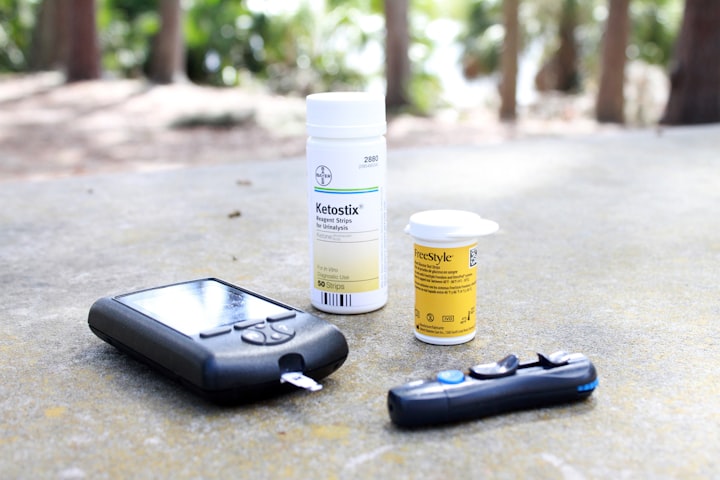
Even if this person had 36 months of COBRA available, they would also have access to SEP in a separate market due to loss of coverage. An individual or dependent can apply for this SEP within 60 days of losing coverage to avoid an interruption in health coverage. In addition, if your employer offers you a QSEHRA or ICHRA, this will activate a Special Enrollment Period (SEP), which gives you 60 days from the HRA's offer to switch to your spouse's individual family insurance plan. A special enrollment period also applies if your OTC insurer leaves a separate market at the end of the year, or reduces coverage and no longer offers plans where you live.
The underwriting of the Loss of Spouse Plan will give you the right to enjoy a limited time special insurance period in the personal market, stock exchange, or over-the-counter trading platform (please note that in this case, you have 60 days before you lose coverage, and 60 days ) After losing coverage, you can choose a new plan). If you have a job that provides you with health insurance, but you decide to withdraw from that health insurance (which will be covered by your spouse’s plan), you will be eligible for a special work registration period when you cannot get health insurance. Your spouse's plan before Medicare. You generally need to wait until the annual public registration period to purchase health insurance, but losing your employer-sponsored health insurance due to retirement is considered a qualifying life event and you are allowed to participate in special registration. Losing your current insurance, even if you can choose to renew through COBRA or state, will trigger a special insurance period during which you can ensure a personalized primary health plan.
Depending on where you live, you may have different coverage options until you become eligible for Medicare, including COBRA, an ACA eligible plan, or short-term medical care (STM). Q. I have health insurance through my wife's employer, but she is retiring and going to Medicare. My wife is 60 years old and a teacher, so she will not be eligible for start-up benefits.
If your health insurance is related to your spouse's work, you may lose that coverage when he or she retires and switches to Medicare. It’s not hard to imagine a future like the past, in which people had to continue working in jobs that offered employer coverage until they and their spouses were old enough to be eligible for Medicare. Your husband may leave a little earlier thanks to the COBRA rules, which allow people to continue with employer coverage for 18 months if they can pay the full premiums plus a 2% administration fee.
Your employer or union may offer a pension plan for you and/or your spouse that limits the amount they will pay. Lack of broader health insurance coverage (or other required minimum coverage) can lead to additional taxes. If you received medical benefits as part of your spouse's retirement plan from a former employer, this may affect your coverage.
It is important to check with the human resources department of your loved one's employer to determine how long your coverage will last as planned and what options you might have. In most employer-sponsored plans, survivors are eligible for COBRA1 coverage. Named after the Consolidated Omnibus Budget Reconciliation Act, this program allows dependents in an employer-sponsored health plan to work to extend current coverage to 36 months. Through COBRA, those eligible for the program can continue health insurance for 18 months after their employer's coverage ends. This means that if they retire as soon as they become eligible, you can continue to receive COBRA coverage for 36 months.
If your spouse's health plan is subject to COBRA, you will be able to continue your current health plan for a limited time with current COBRA coverage (private sector plans with at least 20 employees must offer COBRA continuation if they offer a health insurance group Services). If so, you will need to exhaust this coverage before you can qualify for a special ACA membership period (although a one-year open membership period always gives you the option to upgrade to an ACA eligible plan, no matter how long you have had COBRA). Your open specialty membership starts 60 days before your employer-sponsored policy expires and continues for 60 days after your plan expires, even if you have the option to renew your coverage with COBRA. So, for example, if your plan expires on July 31st, you can sign up in June or July and your new plan will take effect on August 1st (however, if your plan ends in the middle of the month, the new plan will still take effect first, at the following months, leaving you with an insurance gap; a short-term plan may be a good option to cover those in-between days).
But it is important to understand that before joining Medicare / Medigap, the Medigap plan may have a pre-existing waiting period for members who do not have reliable health insurance. Please check your insurance policy/certificate carefully to make sure you understand the pre-existing illness or medical benefits (such as hospitalization, emergency, obstetric care, preventive health care, prescription drugs and mental health, and substance use disorder services).
Your policy/certificate may also have lifetime and/or one-year dollar limits on health benefits. You may find that if you lose a loved one, you will need different coverage with an alternative ACA plan. If you are eligible but do not have a pension, you can benefit from tax breaks and lower personal expenses based on your family's size and income.
If you have a retirement plan and would like to buy a Marketplace plan instead, you can do so. If you are retired and need health insurance, you can use the marketplace to purchase an insurance plan. If you retire before age 65 and lose your workplace health plan, you can use Marketplace A (r) health insurance to purchase a plan.





Comments
There are no comments for this story
Be the first to respond and start the conversation.